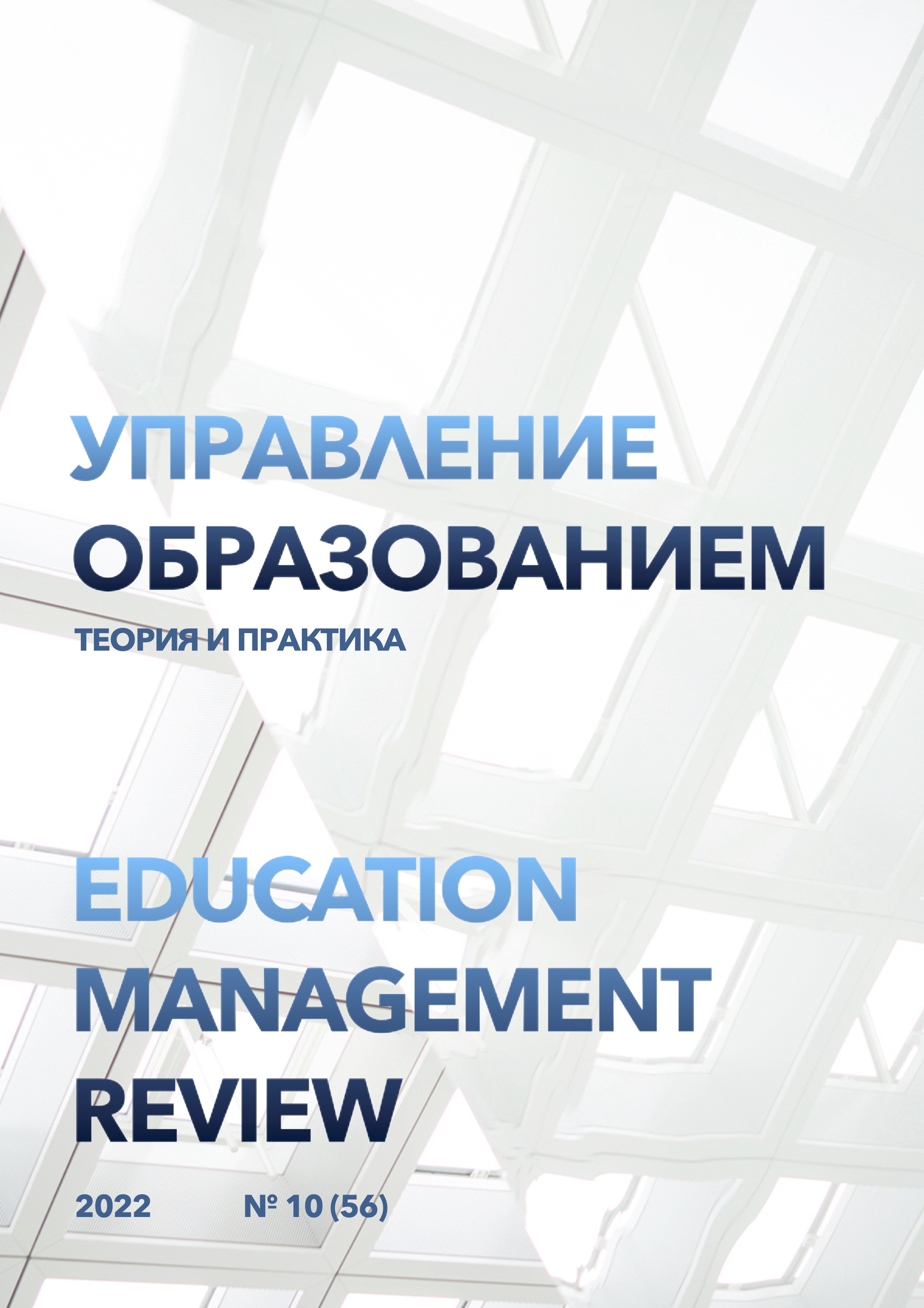Development of nursing education in Russia
DOI:
https://doi.org/10.25726/k1913-2554-8482-sKeywords:
nursing, education, research, RussiaAbstract
The educational process in higher education institutions is focused on the preparation of high-quality, competitive graduates with higher education in the labor market who are capable of constant updating of knowledge, continuing education throughout their professional activities, mobility, rapid adaptation to changes. A modern healthcare professional should be a harmoniously developed, competent person, possess information technologies and the latest methods of diagnosis, treatment and prevention of patients. In addition, a medical worker should know the history of the formation and development of his profession, pay attention to the traditions of training nurses in the 90s of the last century and be aware of the fundamental changes in the restructuring of the entire educational process in medical institutions of higher education during the first quarter of the XXI century and their impact on the development of professional competence of a modern specialist in the field of nursing, to conduct a comparative analysis of methods of treatment of patients, take into account the traditions of previous generations of physicians and successfully combine them with modern innovative technologies and the best experience in using medical technologies at different stages of the functioning of the medical industry.
References
Абдрахманова А.О., Байгожина З.А., Калиева М.А. Пути формирования новой генерации медицинских сестер в Казахстане // Клиническая медицина Казахстана. 2014. № 4 (34). С.5-9.
Алексеева Е.Б. Воспитание нравственно-этической культуры медицинских сестер лечебного учреждения // Международный журнал экспериментального образования. 2014. № 10. С. 22- 25;
Басихина Т.С., Коноплева Е.Л., Кулакова Т.С., Нагорная С.В. Учебно-методическое пособие по основам сестринского дела. М.: ГОУ ВУНМЦ, 2003. 267 с.
Баттистелли А. Принципы приверженности и мотивации: взаимосвязи и вклад в результаты работы / А. Баттистелли, М. Галлетта, И. Портогезе и др. // Журнал психологии. 2013. №147. С. 17-48.
Гавриленко Н.В. К вопросу о понимании сущности образования // Философия образования для XXI века . 2017 № 2. С. 21-22.
Жунусова Д.К., Балтаева Ж.Ш., Мутиева У.Б., Бижанова Ш.А. Клиническое сестринское руководство "Управление хронической болью". Б.И.А. 2019. 43 с.
Касимовская Н.А., Ефремова В.Е. Организация сестринской службы. Учебник. М.: Медицинское информационное агентство, 2015. 440с.
Кумар П., Мехра А., Индер Д., Шарма Н. Организационная приверженность и внутренняя мотивация регулярных и контрактных поставщиков первичной медико-санитарной помощи // Журнал семейной медицины и первичной медицинской помощи. 2016. №5. С. 94-100
Прохорова М.В., Ким В.В. Структура мотивации трудовой деятельности на разных стадиях организационного развития // Вестник Нижегородского государственного университета им. Н.И. Лобачевского. 2012. № 1 (2). С. 363-369.
Рытякова В.И., Малкова Д.Н. Повышение квалификации среднего медицинского персонала (на базе Городской больницы № 2 скорой медицинской помощи Северодвинска). // Медицинская сестра. 2006. № 4. С. 30-35.
Шаповалова М.А., Анопко В.П. Менеджмент в сестринском деле. Профессиональная культура как фактор формирования нового персонала ЛПУ // Сестринское дело. 2010. № 7. С. 18-19.




